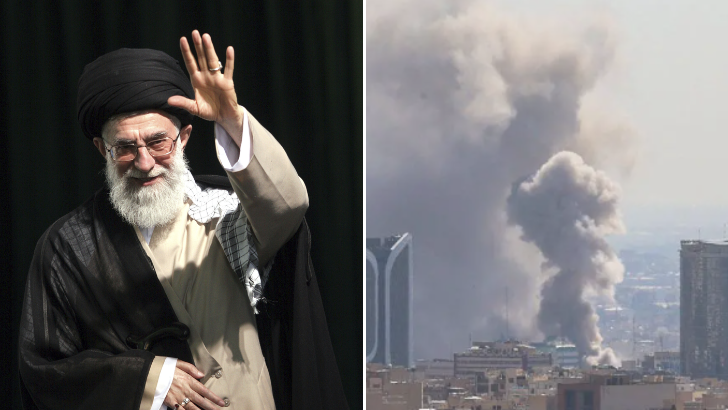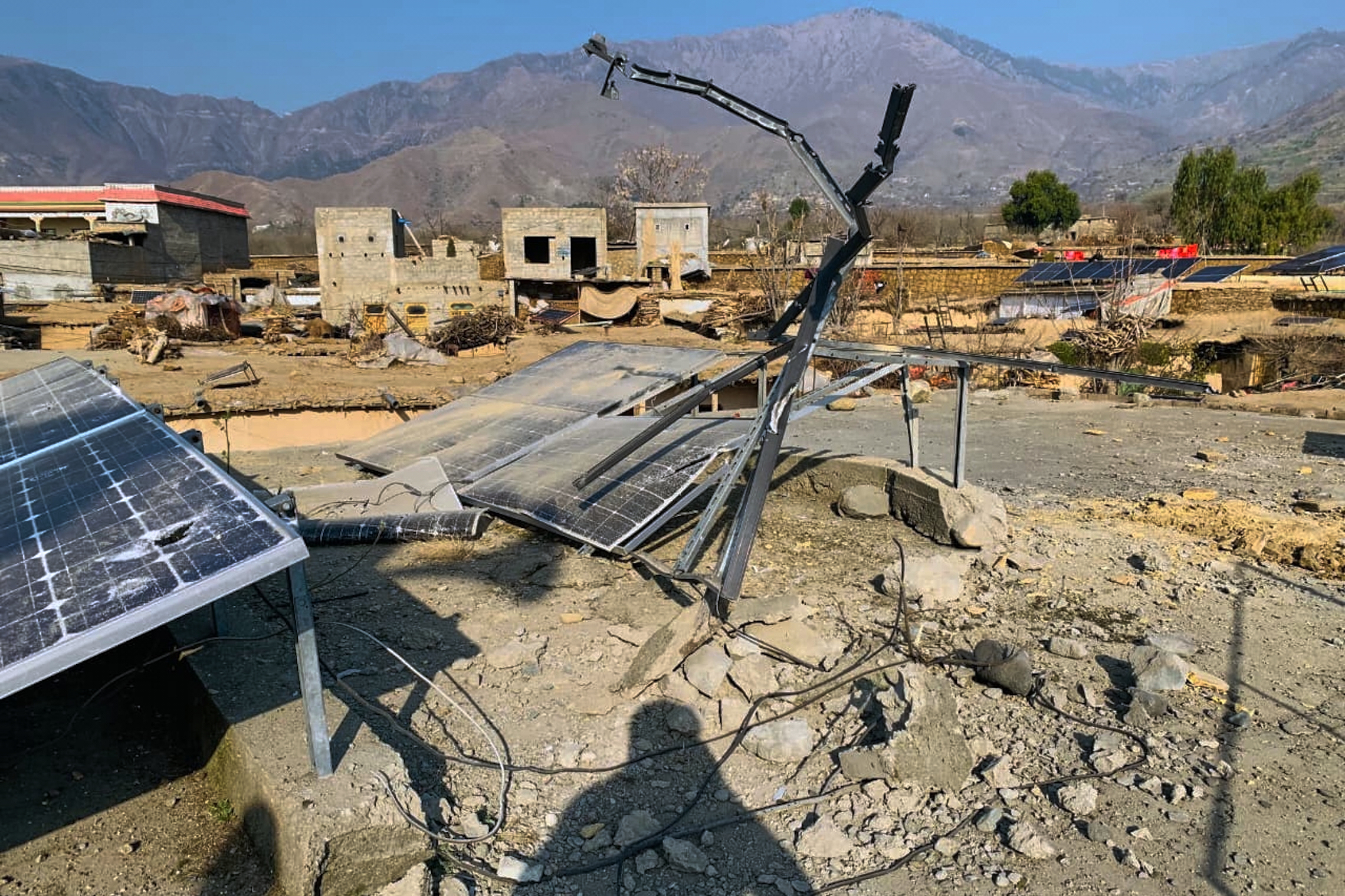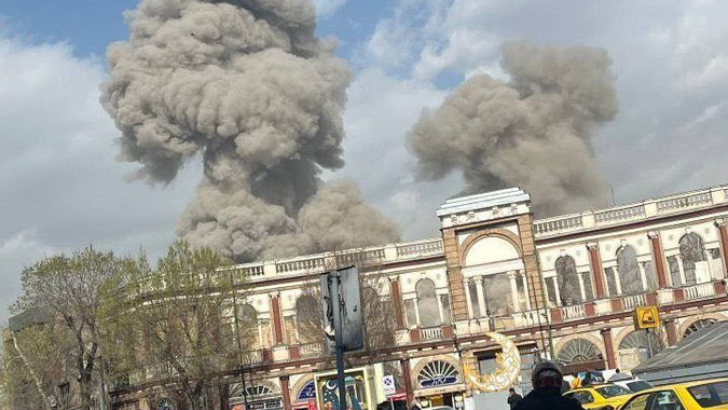Trump slaps 100% tariffs on pharmaceuticals from 1 October
He also imposed taxes on imports will be 50 per cent on kitchen cabinets and bathroom vanities, 30 per cent on upholstered furniture and 25 per cent on heavy trucks
PTI
-
US President Donald Trump said the tariffs were necessary for 'national security and other reasons' (PTI)
Washington, 26 Sept
President Donald Trump on Thursday announced steep new import taxes, including a 100 per cent tariff on pharmaceutical drugs, 50 per cent on kitchen cabinets and bathroom vanities, 30 per cent on upholstered furniture and 25 per cent on heavy trucks, effective 1 October.
Posting on his social media site, Trump said the tariffs were necessary for “national security and other reasons”, despite not offering a clear legal justification. His move follows the administration’s Section 232 investigations into the impact of drug and truck imports on security.
The measures are expected to add fresh uncertainty to the US economy, already contending with high inflation and a weakening jobs outlook. Federal Reserve Chair Jerome Powell recently warned that rising goods prices were fuelling inflation.
Trump has repeatedly pressed Powell to cut interest rates, claiming inflation is no longer a problem, even as official data showed consumer prices up 2.9 per cent over the past year. Since April, manufacturers have cut 42,000 jobs and builders 8,000, according to the Bureau of Labour Statistics.
The tariffs on pharmaceuticals mark a sharp escalation. In 2024, the US imported nearly USD 233 billion worth of drugs and medicines. Analysts warn that doubling prices for some medicines could raise health care costs and strain Medicare and Medicaid. The White House says the threat of tariffs earlier pushed companies such as Johnson & Johnson, AstraZeneca and Eli Lilly to announce investments in US plants. Trump clarified that the tariffs would not apply to firms already building facilities in the country.
Business groups warned of serious risks. Pascal Chan of the Canadian Chamber of Commerce said the measures could lead to “immediate price hikes, strained insurance systems, hospital shortages, and the real risk of patients rationing or foregoing essential medicines”.
Industry experts said US President Donald Trump’s 100 per cent tariff on pharmaceutical imports, effective 1 October, is unlikely to have an immediate impact on Indian exports, as it will apply only to branded and patented drugs and not generics.
Indian Pharmaceutical Alliance members, including Dr Reddy’s, Sun Pharma, Lupin and Zydus Lifesciences, largely export generics, which form the bulk of India’s shipments to the US. Most major Indian firms also operate manufacturing or repackaging units in the US, reducing their exposure to the tariffs.
Experts added that only a few companies supplying APIs or contract manufacturing for branded drugs may face limited challenges. India’s strength in generics remains intact, and the US is expected to implement protections for some product categories, further limiting the impact. While the tariffs are a warning for the future, they are not likely to affect India’s position as a major supplier of affordable medicines globally.
The cabinet and furniture duties could also raise costs for homebuilders and buyers. The National Association of Realtors said that while listings rose 11.7 per cent in August, the median price for an existing home still stood at USD 422,600.
On heavy trucks, Trump said the duties would protect manufacturers such as Peterbilt, Kenworth, Freightliner and Mack from “outside interruptions”.
Tariffs have been a central plank of Trump’s economic agenda, which he argues will revive domestic production. Critics counter that consumers and businesses bear the brunt through higher prices. Courts have already struck down some of Trump’s previous tariffs, and the Supreme Court will hear a challenge in November.
Trump acknowledged the strain on farmers from earlier tariffs, promising to divert new tariff revenues to them, echoing steps taken during his first term.
Despite warnings from economists, Trump insisted on Thursday that the strategy is working: “There’s no inflation. We’re having unbelievable success.”
Leave a Reply
Your email address will not be published. Required fields are marked *








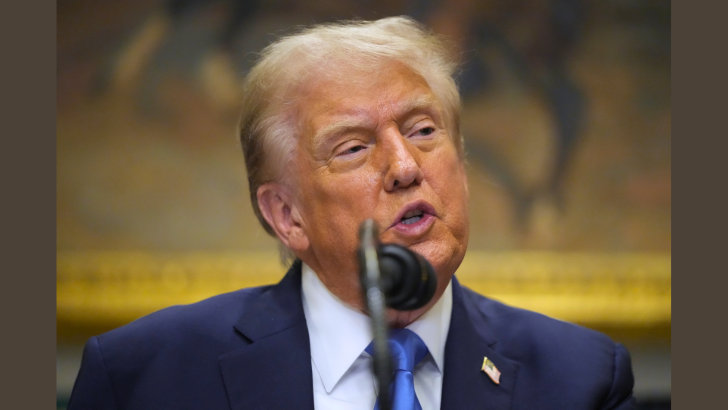


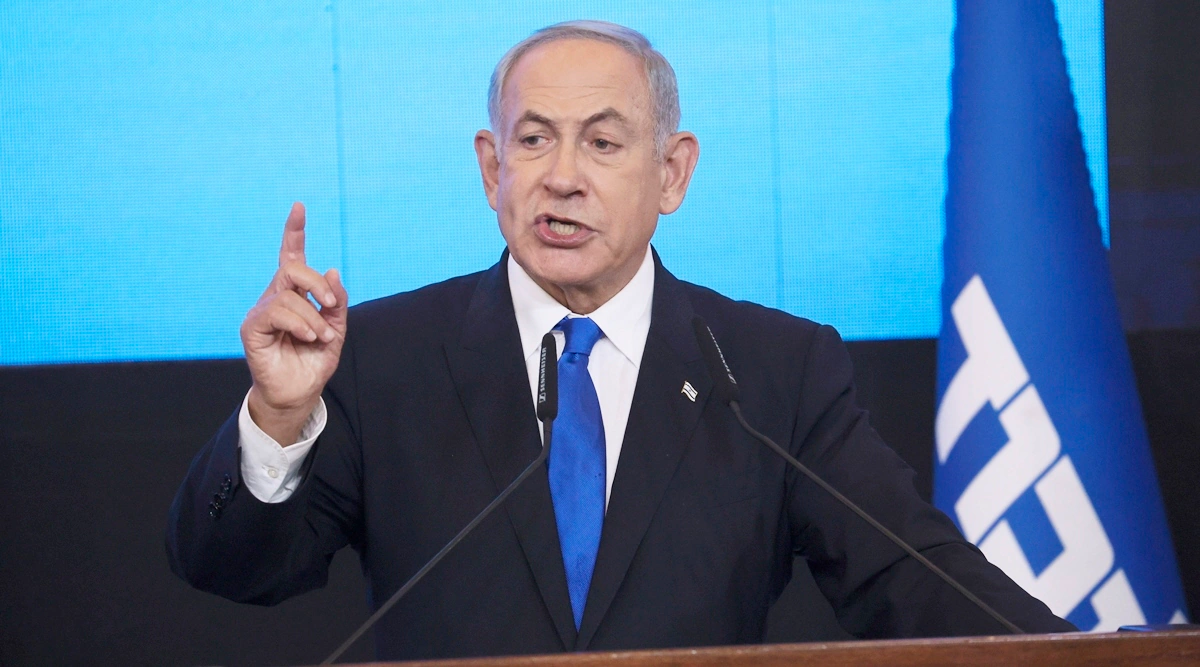
.jpg)




